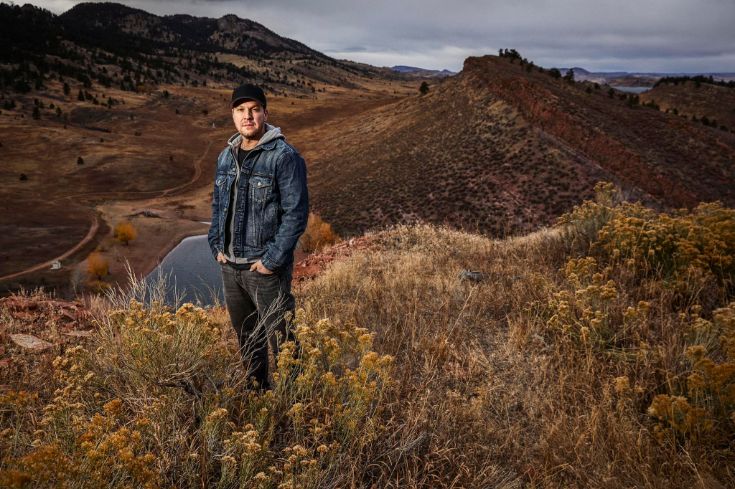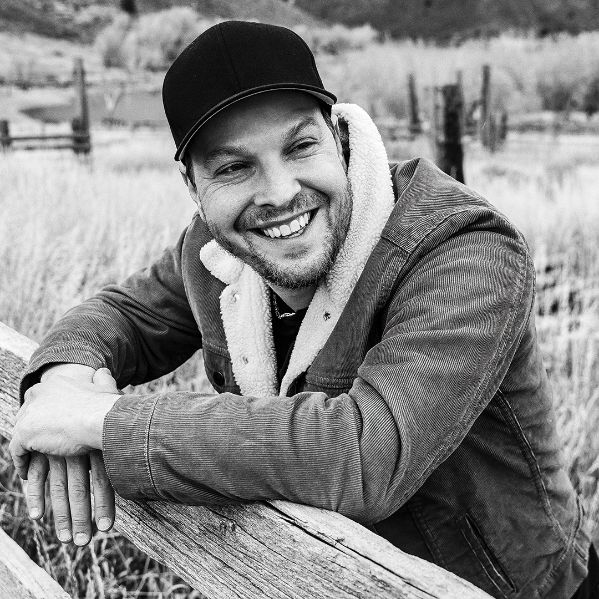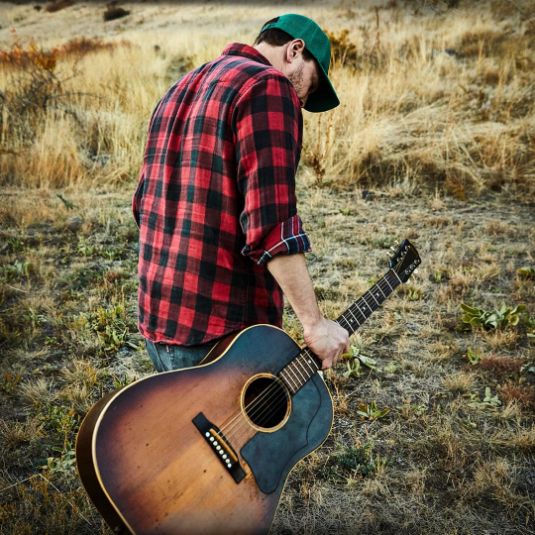Gavin DeGraw In Conversation With FAULT Magazine

‘Face The River’ is so deeply personal track to you, what mind space were you in when you wrote it?
I visualize that song as my dad (who was very sick at that time) looking across the river at my mom who had already passed. I was in a tough place as I already lost my mom then my grandparents, and eventually my father. COVID was at its peak as well. It was a hard place to be emotionally. The whole world was collectively suffering at the same time. I was just documenting how I felt. That was the view from my window.
With Face the River and the whole forthcoming album being so inspired by your parents and their story, how does it feel to be able to share something so personal and vulnerable with the outside world?
The thing that feels good about it is I feel my parents didn’t exist in a vacuum because I was able to write songs that memorialize them. I feel lucky that I can do my best attempt at celebrating them and am fortunate that I get to give a little something back to my parents through this record.
What song did you find the most emotionally taxing to write on the album?
“Hero In Our House.” When I wrote it, it was right after my mother passed. I remember I was sitting at a keyboard in my parent’s apartment in New York City (we got them an apartment to be close to the hospital she was attending for treatment) and tears were just pouring out of me while I was writing it. I was writing it as therapy.

Did songwriting come as a natural way to process your grieving or did it feel more like a regimented source of therapy?
Often times it is therapy, but I’ve never been able to really turn off the switch of songwriting. I think a lot of art, in general, is from a therapeutic standpoint and definitely was on this album.
What would you say was the most liberating song to write from your library?
I don’t know! I just couldn’t choose that. Sorry!
What’s been the hardest hurdle you’ve had to overcome musically?
Probably from the music business side of things. The music business has historically been too categorized. If you look or dress one way, you may be put in a certain box which I always found very funny. How you look should have nothing to do with how your music is marketed and promoted because music is an art form that is invisible. That’s the biggest thing that’s been harming the music industry and the art of music since before I can remember.
What’s been the best musical advice you’ve ever received?
“Don’t Die!” Billy Joel told me that.
Who are you listening to right now?
For whatever reason, I always have Bing Crosby’s “White Christmas” on repeat year-round. No idea why… Also, the Bob Seger recording of “We’ve Got Tonight”, Billy Joel’s “Vienna”, Frank Sinatra’s “New York, New York, and the James Brown “Live at the Apollo, 1962” record.

What’s one question, do you wish people would stop asking you?
Would you like to purchase the extended warranty?
Are you a regimented songwriter or do you prefer to let inspiration strike when it does?
I’m always writing. Even during this interview, I might have an idea in my head floating around. I just can’t turn those things off. Usually, a melody comes to me and I’ll work on the lyrics later, or I may have a line of a lyric and I’ll figure out where that fits in the grand scheme of a song.
What is your FAULT?
There are many… but I would say Pride. I wish I would take more people up on generous offers. When someone says “…hey, call anytime!” or “… you should stay at the house!”… Convincing myself that they meant it I should take them up on it.